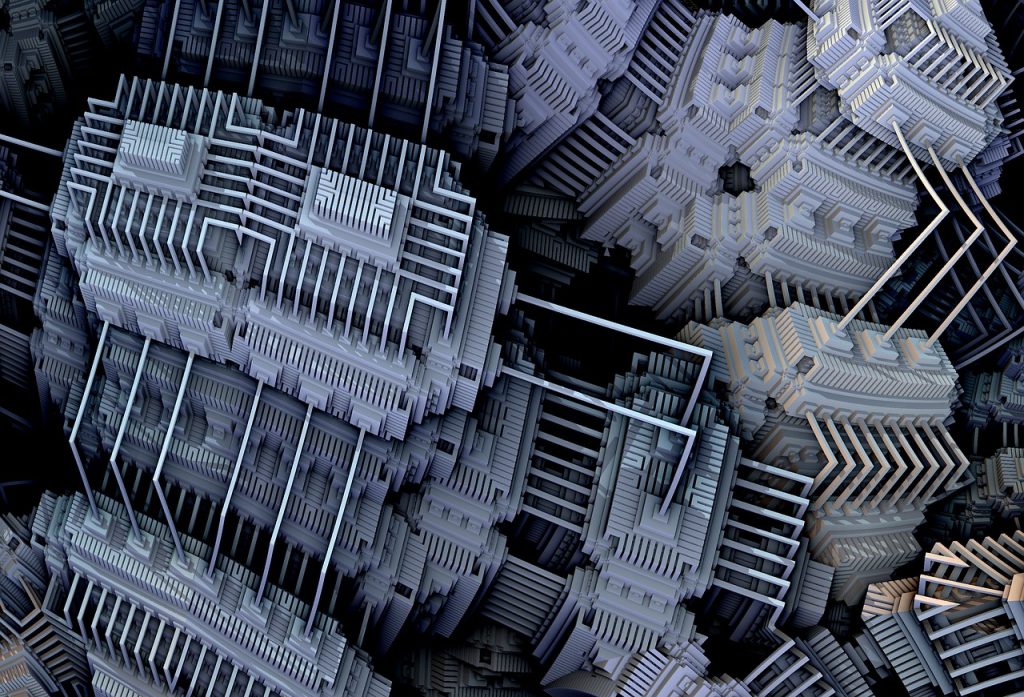Quantum Computer Calculating Molecular Energy

Quantum computers are becoming larger, although there are still only several practical consequences for their increased computing power. To overcome this barrier, researchers are developing algorithms that will facilitate the transition from traditional to quantum computers. In a recent report released in Nature, researchers present an algorithm for reducing sampling error, or loud sounds, generated by quantum bits, or quantum states, when crunching chemistry equations.
The algorithm, developed by Columbia chemistry professor David Reichman and postdoc Joonho Lee in collaboration with Google Quantum AI researchers, uses up to 16 quantum bits on Sycamore, Google’s 53-qubit desktop, to determine ground state energy or a particle’s lowest energy condition. That those are the biggest quantum chemistry calculations ever performed on an actual quantum device, Reichman explained.
The method of calculating ground state energy precisely will allow chemists to build innovative materials, according to Lee, who is a visiting research scientist at Search Quantum AI. According to him, the algorithm can be used to create components to accelerate nitrification for agriculture and hydroxylation for renewable energy production, among other sustainability objectives.
The algorithm employs qubit Monte Carlo, a scheme of calculations probabilities when a large number of samples, unknown factors are present, such as in a roulette game. The researchers were using their method to compute the equations of molecules: helicoid (H4) with eight qubits, a solid diamond with 16 qubits, and molecular nitrogen (N2) with 12 qubits.
Variables like the electron density in a chemical compound, the path wherein they keep turning, and the pathways they consider taking as they revolve around the sun nucleus all affect ground state energy. The Schrodinger equation encrypts this electronic energy. Fixing the formula on a traditional computer becomes infinitely more difficult as molecules grow in size, though the way to estimate the remedy has made the work easier. The field has been divided on how quantum computers might avoid the exponential scaling problem.
So because qubits that make it up quantum computers reap the benefits of quantum states, they must be capable of handling tremendously bigger and more complex calculations, such as those required to solve the Governing equations.




